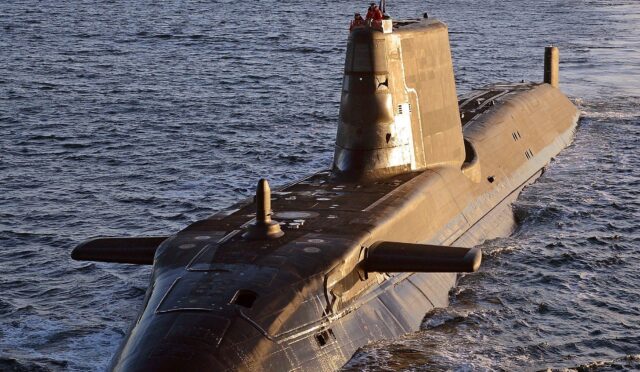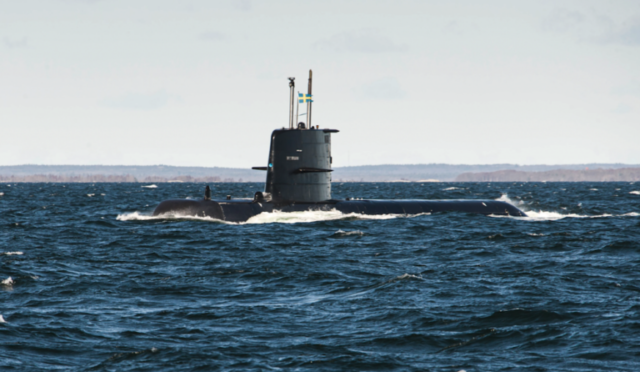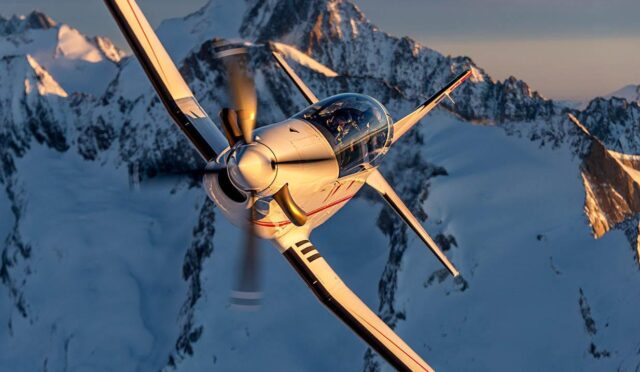UAE Signs KF-21 Fighter Cooperation Deal with South Korea
In a significant development, South Korea and the United Arab Emirates have formalized an agreement for extensive collaboration on the KF-21 Boramae fighter jets. The letter of intent was officially signed by General Lee Young-su, Chief of Staff of the Republic of Korea Air Force, and Major General Rashid Mohammed al-Shamsi of the UAE Air Force. This crucial partnership paves the way for personnel from the UAE Air Force to engage in upcoming training exercises and aerial drills involving these modern aircraft.
Additionally, a delegation from the UAE Air Force recently toured Korea Aerospace Industries to examine the KF-21 production process first-hand. This visit marks a proactive step towards enhancing military capabilities and fostering technological partnerships between the two nations.
Joint Development Efforts
This collaborative agreement comes on the heels of South Korea’s broader strategy to engage in joint defense development with various countries in Southeast Asia and the Middle East. However, the agreement does not clarify any potential plans for Abu Dhabi to purchase these cutting-edge fighter jets at this time. It reflects a focus on cooperative innovation rather than immediate procurement.
The strategic partnership signifies a growing trend of countries looking to enhance their defense capabilities through collaboration, highlighting a shift in international military alliances and technology sharing.
KF-21 Boramae Specifications
The KF-21 Boramae, South Korea’s latest advanced fighter jet, boasts impressive performance specifications. Capable of achieving maximum speeds of 1,400 miles per hour (approximately 2,200 kilometers per hour), it also has a combat range of 620 miles (or 1,000 kilometers). This aircraft is equipped with cutting-edge technology including an infrared search and track system and an electronic warfare suite.
Among its most advanced features is the active electronically scanned array radar, which empowers the KF-21 to effectively guide IRIS-T short-range air-to-air missiles. Currently, around 40 units are under production, with staggered timelines designed to facilitate thorough testing of the aircraft’s capabilities.
Production and Costs
Following the initial production run, a second batch of 20 KF-21 jets is slated to enter production, contingent on successful air-to-air missile and radar capabilities assessments. This structured approach ensures each aircraft meets rigorous operational standards before entering service.
The estimated production costs for the KF-21 fighters stand at approximately 7.92 trillion Korean won, equivalent to around $5.9 billion. These figures, reported by Korea Aerospace Industries and Indonesian Aerospace, underscore the significant investment being made into this next-generation fighter program.







